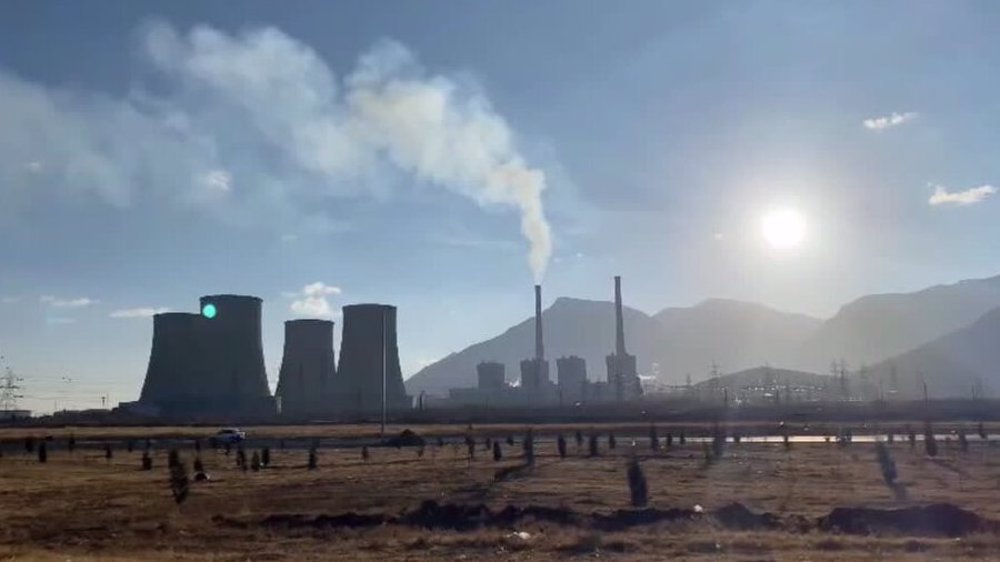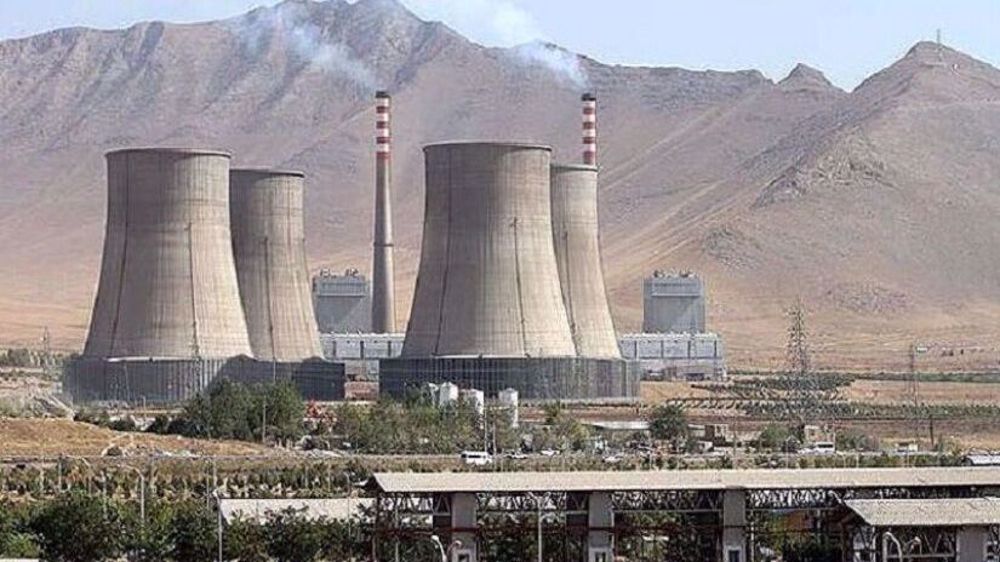Iran masters expertise to slash sulfur content in bunker fuel: Report
A report in the Iranian media suggests scientists in the country have mastered the knowledge to cut sulfur levels in bunker fuel to meet new regulations that seeks to reduce harmful emissions in shipping.
The IRIB News said in a report on Tuesday that attaining the expertise needed to produce low-sulfur fuel oil, known as LSFO, was a result of joint research project led by the National Iranian Tanker Company (NITC), whose extensive fleet of large vessels transport Iran’s oil for exports.
It said Iran’s Research Institute of Petroleum Industry (RIPI) and the Eksir Novin Asia, a start-up company active in researches on oil and gas, had also contributed to the initiative.
The project was launched after the International Maritime Organization (IMO) introduced new regulations effective as of January 1, 2020, which requires the use of bunker fuel with a sulfur limit of 0.5%, down from current levels of 3.5% or higher.
The IRIB News report cited the Eksir Novin Asia CEO as saying that Iran was now capable of producing LSFO at commercial levels thanks to the joint research program.
“Through the use of this indigenous science, Iran’s fuel oil is desulfurized to make it possible to consume this fuel aboard vessels and tankers,” said Jalil Sobhani.
Others said the achievement was a major breakthrough in Iran, where a bulk of the crude output is of heavy grade, causing fuel oil produced in refineries to contain high levels of sulfur.
They said Iran had embarked on the project to produce LSFO on its own after exhausting other ways of meeting new IMO standards on climate protection, including using liquefied natural gas (LNG) aboard vessels or installing expensive exhaust cleaning systems, known as scrubbers.
‘Abhorrent’: Oxfam says only 12 trucks delivered aid in North Gaza since Oct.
VIDEO | Leader receives religious eulogists on Hazrat Fatima birth anniv.
Pope Francis slams Israel’s ‘machine-gunning’ of Gaza children
US hostage-taking of Iranian nationals violation of intl. law: Deputy FM
VIDEO | Carol Singers for Palestine on London’s Parliament Square
Ansarullah says ‘Israeli terrorists’ incapable of confronting Yemen, warns of secret weapons
VIDEO | Yemenis praise the military for its successful operations against Israel
VIDEO | Israel continues to bomb Gaza homes











 This makes it easy to access the Press TV website
This makes it easy to access the Press TV website